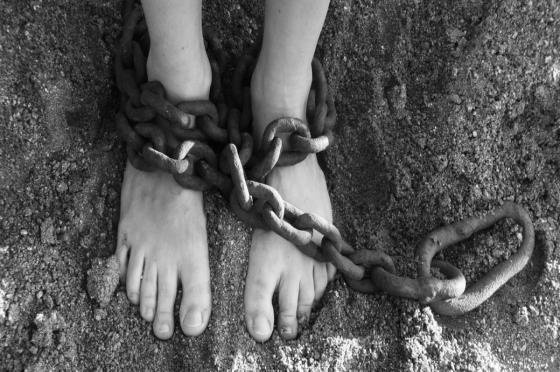
If, during the course of get proceedings in rabbinic court, you say to your wife, "I will never give you a get. Even if you give me all the property we own together, custody of the children, and a tallit and tefillin, I will not give you a divorce," (direct quotes from the rabbinic court protocols of the get proceedings of Center for Women's Justice client, Yael and her husband), perhaps the rabbinic court will put you in jail.
But if you say: I'll give my wife a get if she’ll pay me NIS 800,000, the court will release you from prison and when the wife doesn’t pay, say that it is she who‘s holding up the get and "chaining herself "to the marriage. Or as in the case of Yael: it is her father who is responsible for holding up the get because he won’t pay the husband half a million shekels.
Explanation: From the rabbinical court’s perspective, (based on the singular position of the MaRaShDaM, a leading 16th century halakhic authority), when a man is mandated to give a get, he is allowed him to attach conditions under which he will grant it (e.g. the extortionary demand of half a million shekels), and if the wife does not give in to these demands, then it is she who is responsible for remaining locked in the marriage, and the rabbinic court will not help her.
For six years, Yael has been held hostage by a husband who refuses to grant her a get. She’s still of childbearing age. She wants to marry again. Yael is not chaining herself to this marriage. The culprits are her husband, the rabbinic judges, the halakha and the State of Israel, which allows these laws to deprive women like Yael of the freedom that is their right and which they deserve.
Nitzan Caspi Shiloni, CWJ Attorney
Read Haaretz article here.





 RSS
RSS